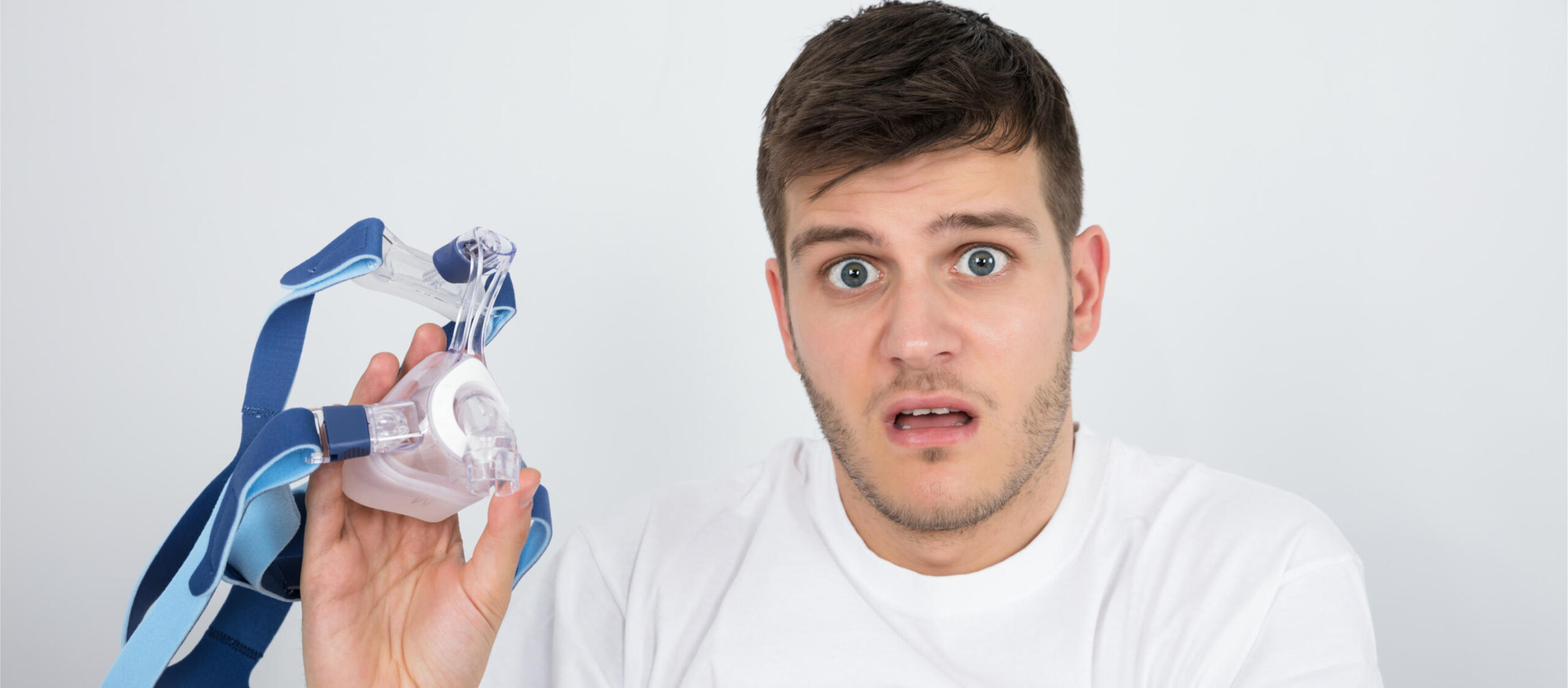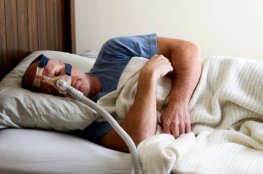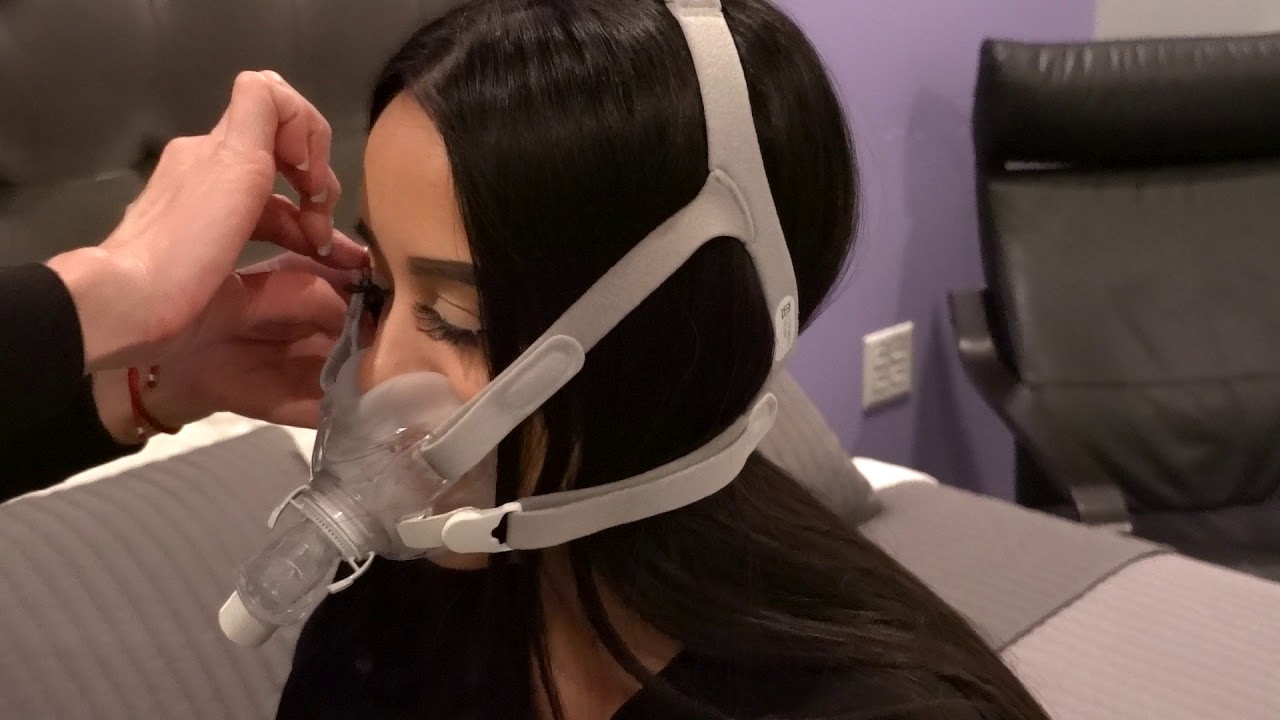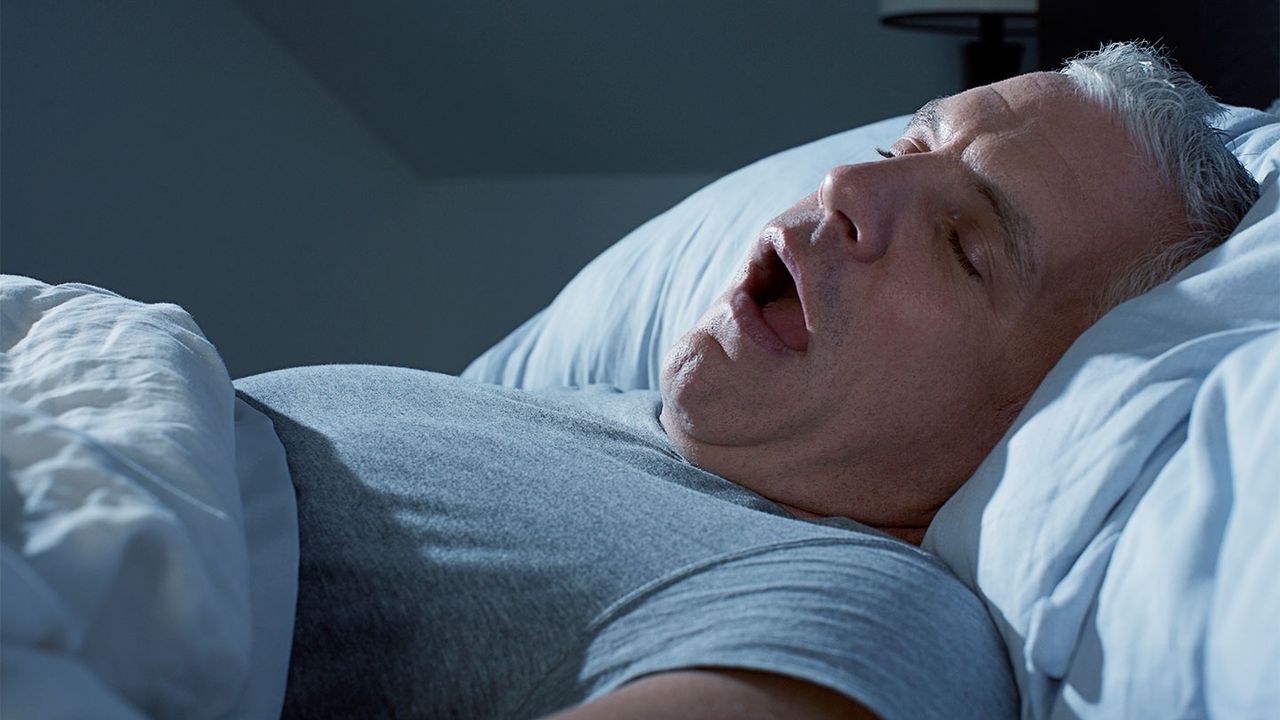Your airways are kept at a consistent air pressure by a medicine known as continuous positive airway pressure (CPAP). It prevents your upper airway from tightening as you sleep, making breathing easier. CPAP is a common treatment for acute heart failure and obstructive sleep apnea.
CPAP machine are reliable and perform effectively. However, some users report problems with the device that might make treatment more challenging. This article looks at strategies that might help you fix these problems and improve your CPAP experience.
Breathing Despite Pressure
One of the hardest adjustments to make when you first start is learning to breathe out against the pressure. Try lowering the pressure while turning on the machine. The pressure could rise gradually as you start to drift asleep. This is an illustration of a ramp function.
Some devices also include bi-level (BiPAP) or C-Flex options. Since they alternate between applying pressure during inhalation and exhalation, it is more akin to normal breathing.
See also: Can CPAP machines stay on overnight?

Air Breathing
Some CPAP users find swallowing air uncomfortable. Afterward, you can feel bloated or burp. This might mean that the pressure setting on your device is too high.
This may require fixing:
Reduce the pressure, buy a ramp pressure sensor, and do a new CPAP titration study to find a more suitable pressure setting.
Overcoming Claustrophobia
CPAP machines tend to cover your face. Because of the tight fit, some people feel smothered or suffocated. Your heart may begin to race at that thought. You may wish to remove the mask. Claustrophobia is indicated by each symptom.
To avoid this, some people buy masks that don’t cover their nose. Nasal pillows are a good example. Others use relaxation or distraction techniques like watching TV or listening to music. These methods help them gradually get used to the sensation of wearing a mask.
Taking Care of Condensation
When there is more moisture in the air, breathing could be more pleasurable. But sometimes, water stains develop within the CPAP tube. Your ventilation can get lessen as a result of the increased water. People who use heated humidifiers while sleeping in a cooler environment sometimes gripe about having too much moisture.
To get around this, lower your humidifier’s temperature. Put a blanket over the CPAP tube to try to keep it a bit warmer. Alternately, you might choose a more modern CPAP device with heated, climate-adjustable tubing.

Drying Out Your Mouth
The usage of CPAP machines shouldn’t result in dry mouth. If it does, the mask can be the reason why your mouth is opening. The airflow will stop and your mouth will get very dry in this circumstance.
To prevent this, try these:
- Utilizing a heated humidifier
- Wearing a chin strap to stop mouth opening
- Wearing a mask that covers your mouth and nose; talking with your doctor about adjusting the pressure setting on the machine.
Making Marks on Your Face
It is rather usual to have a few minor pressure marks on your face while using CPAP machines. If there are several marks, your mask could not fit well. Perhaps you might choose a different mask or try one in a different size.
Some people find it helpful to switch between several mask types from one night to the next in order to change the pressure locations. If your skin becomes sensitive, think about applying petroleum jelly or a face moisturizer to prevent abrasion. A barrier is created between your skin and the mask by the CPAP liners.
Nasal congestion prevention
People who have allergies, a deviated septum, or a history of nasal congestion may find it more difficult to breathe through their nose when using a CPAP mask.
Warm humidifiers or saline nasal sprays might sometimes help to open the nasal airways. Oral antihistamines or a prescription nasal spray may assist with persistent or seasonal allergies.
For those who just are unable to breathe via their nose, there are alternative solutions that may be useful. You could benefit from a CPAP mask with a mouth and nose cover. Another option is a more contemporary oral CPAP mask that just applies pressure via the mouth. If these don’t work, you may want to consider trying new remedies.
Upon waking, you have dry, red eyes.
If your eyes are dry and bloodshot, it’s possible that air from your mask is getting into them as you sleep. To stop this, try lightly tightening the mask. You may need to look for a mask that suits you better if this doesn’t work. Saline eye drops may also help to lessen some of the itchiness and redness.
Chronic Illnesses
Use of CPAP machines often reduces excessive daytime sleepiness. Other people, however, can have recurrence of symptoms over time.
If this occurs, make sure your equipment is providing the correct pressure by checking it. It may also be necessary to do new titration studies in order to find a better pressure. When people age or endure weight changes, the initial pressure setting could no longer be suitable. It could need tweaking.

I detest using a CPAP mask when I sleep at night. It’s pretty unpleasant.
Don’t worry if using a CPAP mask while sleeping at night makes it difficult to unwind or fall asleep. Many new CPAP users report having a similar experience. The loudness from the CPAP mask and machine is another issue raised by some new users. Getting acclimated to your CPAP machines can take some time.
There is no avoiding it.
Try wearing your CPAP mask casually about the home, even while you’re not getting ready for bed, to get more used to using it. You’ll gradually begin to become accustomed to the way your mask feels, which will make it easier for you to wear it while doing your routine.
Try using the gadget while you read or watch TV to get acclimated to the machine’s noises and the compressed air. Since you’ll be getting used to the sensation of compressed air and wearing your mask, this will help make your CPAP simpler to bear. As you do this more often, falling asleep will become simpler.
You’ll eventually be able to fall asleep with the mask on and the machine running while getting ready for bed and just wear the mask and utilize it then. This procedure should take a few weeks or months. It will be simpler to get there as you practice more.
Even when I use my CPAP machine, I still snore. What should I do?
Even on evenings when you utilize your CPAP machines, snoring is a symptom that your treatment is ineffective. You shouldn’t notice much noise coming from the soft tissues of the airway since CPAP treatment works like an invisible splint to keep the airway open.
You may need to ask your doctor to raise your CPAP pressure if you hear snoring while using your CPAP machines. It’s also crucial to review the outcomes of your night’s sleep data, with special focus on your AHI.
If your AHI consistently exceeds 5, your CPAP machine’s pressure setting isn’t appropriate for your requirements.
Changing from CPAP machines to Auto CPAP machines can be a solution. With one important exception, APAP machines are exactly like CPAP machines. APAP devices choose the ideal pressure for you on their own.
The APAP machine adjusts the pressure to be precisely what you need when you need it as your breathing fluctuates throughout the night. Since APAP devices automatically adjust the pressure, they may be more successful in reducing snoring than CPAPs.
Summary
CPAP equipment is a tried-and-true treatment for those with respiratory problems. But it doesn’t mean they don’t have problems. The pressure setting might be the cause of a number of problems. Others include a mask that doesn’t exactly fit right or a problem with the tubing. The treatment might become more challenging due to other medical conditions. If you are having problems with your CPAP machines, see your healthcare provider. You could discover an easy technique to help you sleep better.
Your airways are kept at a consistent air pressure by a medicine known as continuous positive airway pressure (CPAP). It prevents your upper airway from tightening as you sleep, making breathing easier. CPAP is a common treatment for acute heart failure and obstructive sleep apnea.
CPAP devices are dependable and effective. However, some users report problems with the device that might make treatment more challenging. Please feel free to read it over again.




